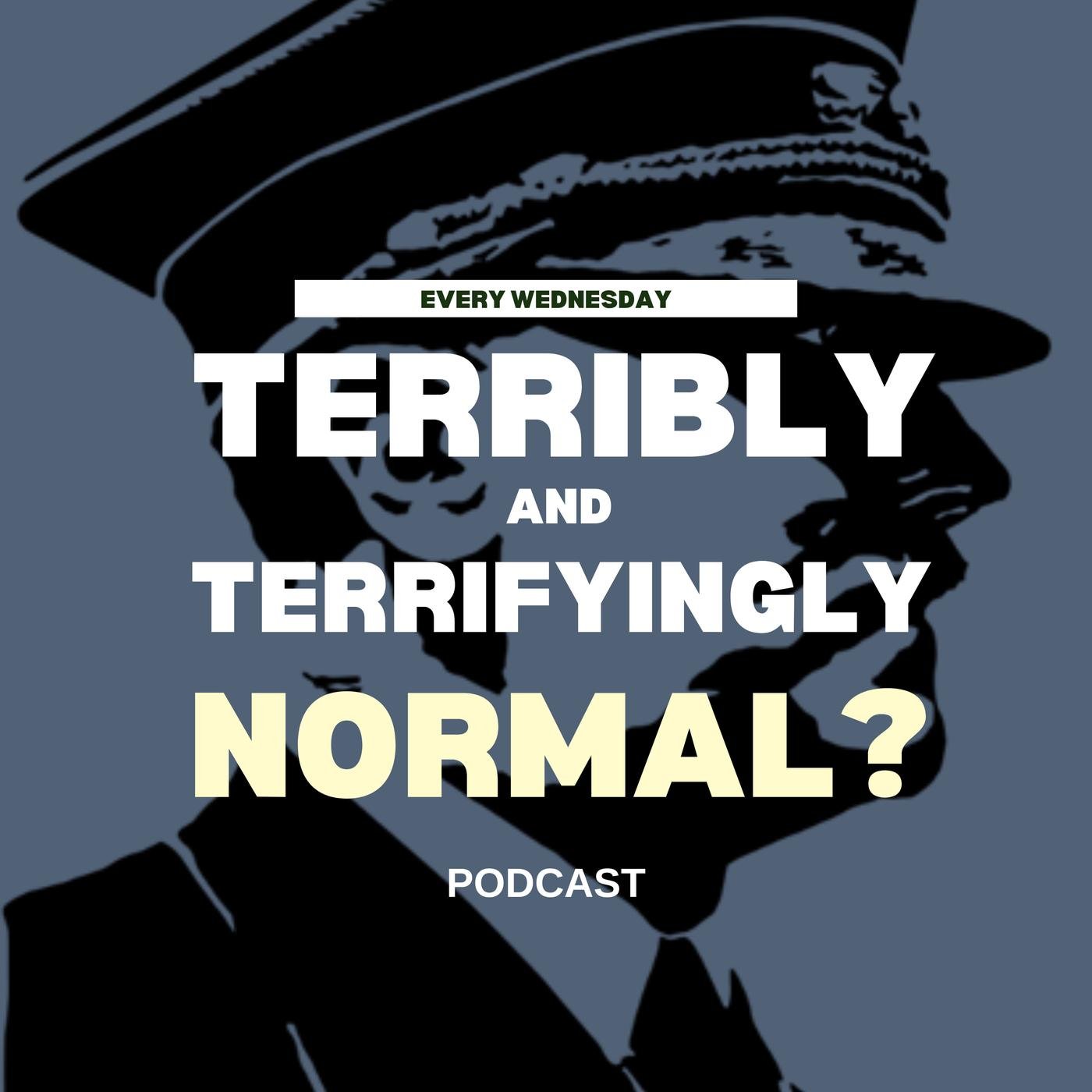
The attacks on 9/11, the invasion in Ukraine, the rise of the Islamic State, the genocides in Srebrenica, Rwanda, Cambodia and Nazi Germany are all incredible acts of human cruelty. They make us wonder: who are the perpetrators of these crimes and what drives them? These questions will be discussed with professor Alette Smeulers and other well known scholars within the field.
Are world leaders ever truly friends? In this episode of Terribly and Terrifyingly Normal?, we dive into the complex relationships between leaders like Trump, Netanyahu, Putin, and even North Korea’s regime. Joining us is Yuri van Hoef, a lecturer and expert in political friendships, to unpack how these connections work—or fail to work. Are these relationships real friendships, strategic alliances, or something else entirely? And what impact do they have on world peace?
Teaching is never easy, but it’s even more challenging when the subject is mass violence. With current conflicts like those in Ukraine and between Hamas and Israel, this topic is more polarized and sensitive than ever. In this episode, I talk with three experts in teaching: Alette Smeulers, Annalisa Battista, and Andy Aydin Aitchison. Annalisa and Andy share insights from a course they designed to help educators navigate the unique challenges of teaching this subject, along with findings from their research.
With the U.S. election on the horizon, we take a closer look at four key figures in Donald Trump’s inner circle: Stephen Miller, Lindsey Graham, Bill Barr, and Mitch McConnell. How have they shaped Trump’s policies, and what impact could they have on American democracy? In this episode, we explore these questions with Sanda van Dam, whose PhD research delves deep into Trump’s influential advisors.
Do perpetrators feel remorse? In today’s episode, we try to find out by speaking with Mina Rauschenbach. She has interviewed many perpetrators from the Yugoslavia tribunal, from high-ranking officials to those lower in the chain of command. She shares with us how they reflect on their actions. Do they feel remorse, or do they believe they did nothing wrong? We also explore whether the legal system adequately takes into account the extraordinary circumstances in which these crimes were committed.
Being part of a United Nations peacekeeping mission is an intense experience. And that's all the more true if you lead the mission. What is that experience like? How important is good leadership in such missions? Are the missions useful? And how to cope with all the horrendous stuff that you experience when being abroad? Our guest Patrick Cammaert tells us about it. He has led many UN peacekeeping missions throughout the years in many different regions.
We all hope that the wars all around the world end. But what happens when they do? How should perpetrators be punished? How should victims be compensated? And what should be done to avoid a relapse into violence? We ask those questions to Professor Stephan Parmentier. He is an expert in transitional justice from the University of Leuven. With him, we discuss examples such as Nazi Germany, Spain, and South Africa. The examples show, that there are right and wrong ways of handling post-conflict situations.
There seems to be an abundance of them: bad leaders. That can be dangerous, especially when they have lots of power. But what makes a bad leader? And how can we understand them? According to Barbara Kellerman, you have to understand the system around bad leaders, including their followers. She highlights this by using examples such as Vladimir Putin, Donald Trump, and Adolf Hitler.
Biljana Plavšić: a respected biologist, high-ranking politician, and a convicted female war criminal. But despite her role in the war in former Yugoslavia, she says she is innocent and many Serbs see her as a hero. How is that possible?
We discuss it with Associate Professor Olivera Simic. She met Plavšić multiple times over the course of multiple years. Olivera tells us more about these interactions and about the person behind the crimes.
Perpetrators of mass atrocities can be victims of trauma. What does this tell us about perpetrators specifically and human nature more generally? How does such trauma develop? And should we even be concerned about perpetrator trauma? In the final episode of season two of Terribly and Terrifyingly Normal?, we discuss the concept of perpetrator trauma and the associated moral dilemmas together with Bart Nauta. He is currently doing his Ph.D. on the topic.
Genocide is often referred to as the crime of crimes, but what is its legal definition? And how will the recent genocide cases against Israel and Russia at the International Court of Justice impact the conflicts that the countries are involved in? We discuss these and more questions with genocide scholar Professor Caroline Fournet. She outlines the limitations of the genocide definition, possible differences in how the International Court of Justice and the International Criminal Court use the term genocide, and why the ruling of these courts can be useful, even when it's not visible right away.